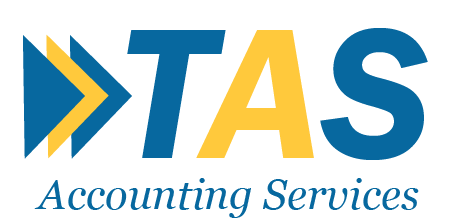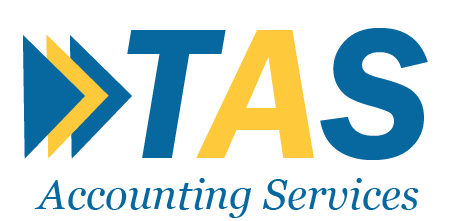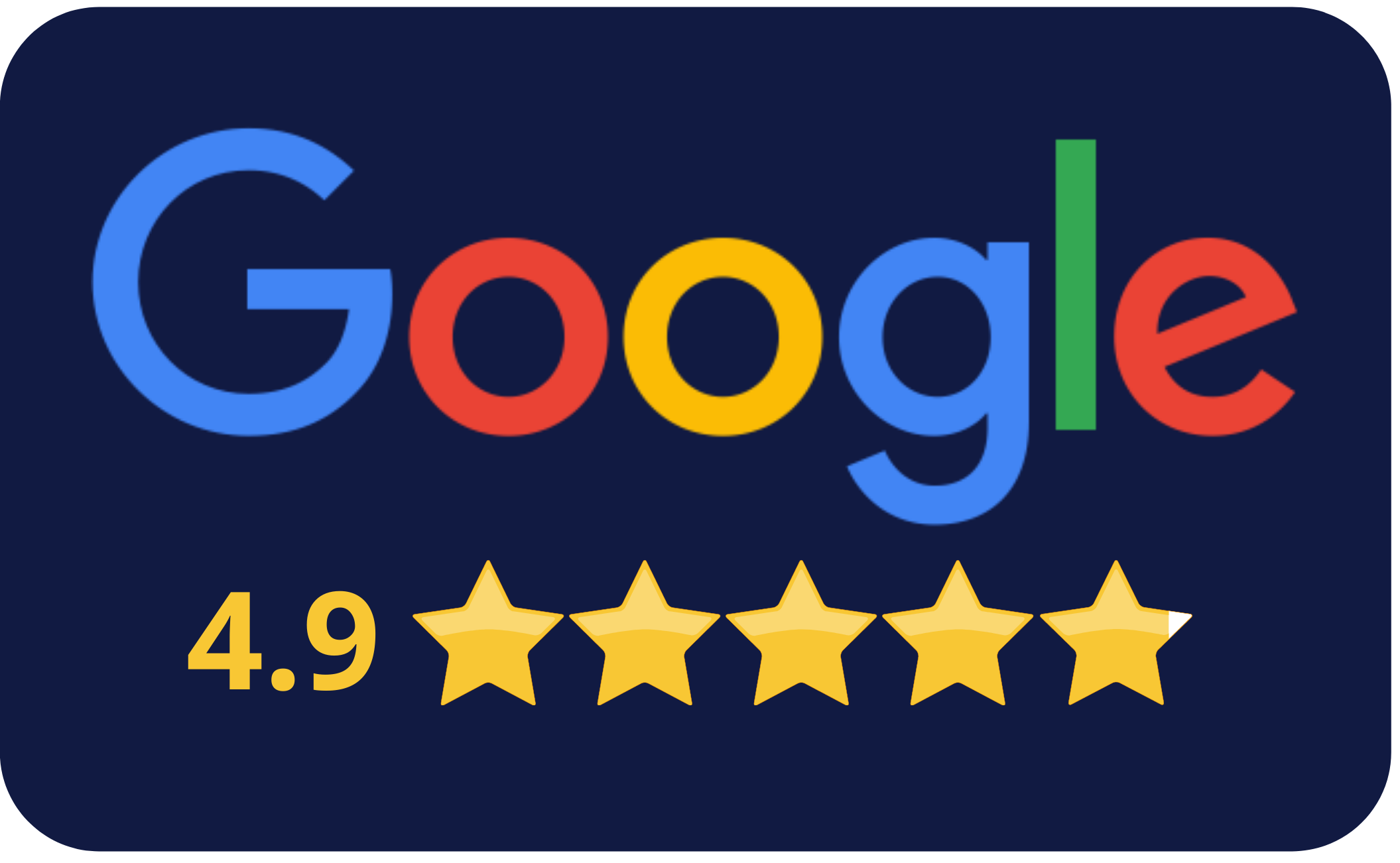What kind of tax will I have to pay?
The following is how your income tax liability is calculated:
1.You add up all of your taxable income (including PAYE income and any additional income as listed above)
2.Your tax liability is calculated using the current standard rates of tax (for example, in 2021, a single person would be charged 20% for total earnings up to €35,000 and 40% for the remainder).
- Your total tax credits (e.g., a single person tax credit of €1,650 and a PAYE tax credit of €1,650) are then deducted.
- The charges for USC and PRSI are calculated and added to your total.
- Any taxes you’ve already paid (including through the PAYE system) will be deducted from the final charge.
After you’ve submitted your tax return and Form 11, the Revenue Commissioners will send you a notice of assessment (NOA) detailing how much tax you owe for the year. This document will also show you how the liability (or refund) was calculated, as well as a breakdown of your income and tax credits.
If you submitted your return online, you should receive it within a few days, and if you sent it in by mail, you should receive it a little later. It will also take longer if you submit your tax return close to the deadline.
How to Make a Payment
You can pay your tax bill using a ROS debit instruction, a debit or credit card, and your account on the Revenue website. If you sent your forms by mail and don’t have an online account, you can also send a check or bank draught to Revenue Commissioners. Include the amount of taxes to be paid as well as your PPS number so they know what the money is for.
If you owe a tax refund, Revenue will send you a check or direct deposit the money into your bank account. Unless your claim is selected for further investigation, refunds are usually issued within 5 working days.







